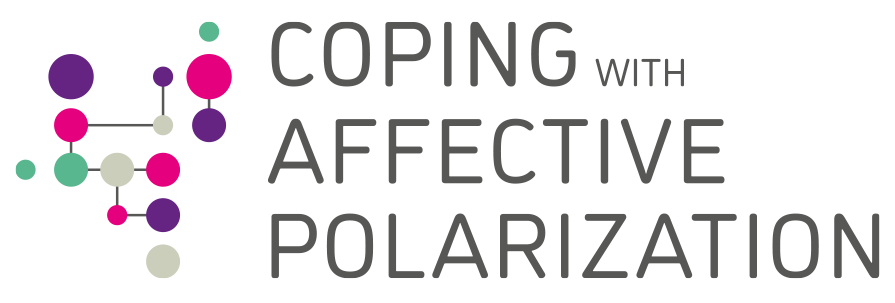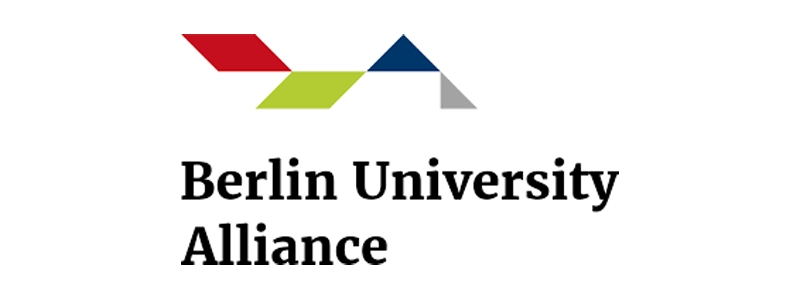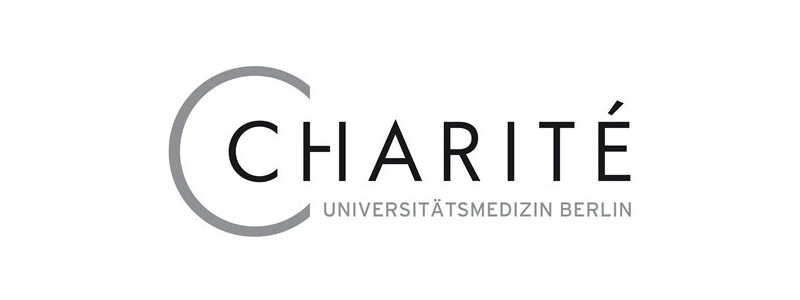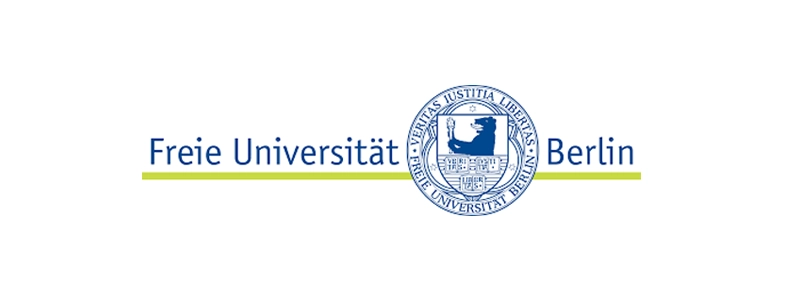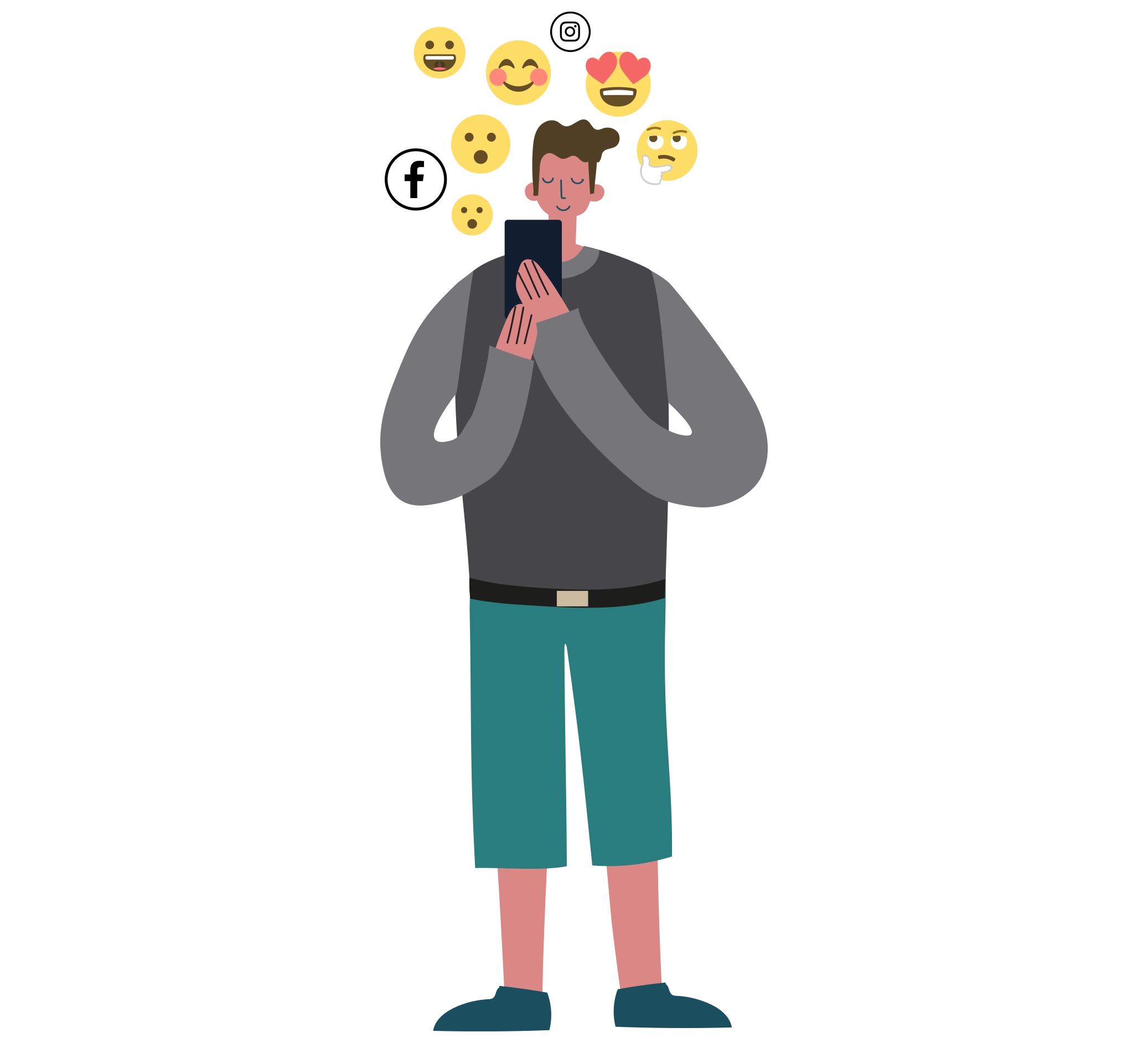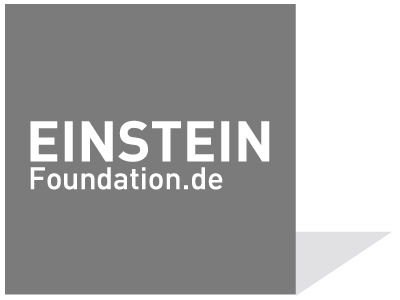Our Einstein Research Unit “Coping with Affective Polarization – How Civil Society Fosters Social Cohesion” is dedicated to the interdisciplinary study of affective polarisation and ways of constructively dealing with its consequences. Our scientific team consists of researchers from the Humboldt-Universität zu Berlin, the Freie Universität Berlin and the Charité – Universitätsmedizin Berlin.
We are dedicated to making our research visible to the public and translating our insights into practical applications across social contexts. Therefore, we collaborate with our partners from civil society to learn from their practical experiences and facilitate a mutual exchange between science and the public.
Our Research Unit is part of the Berlin University Alliance and funded by the Einstein Foundation Berlin.
Polarization plays a key role in current debates about growing tensions and divisions within societies.
One especially important form is affective polarization – when people feel closer to those who share their views and develop strong negative feelings or dismissive attitudes toward those who think differently. This “us versus them” mindset can seriously harm societies. For example, it makes it harder for people with different views or interests to work together or find common ground. As a result, affective polarization can lead to greater intolerance, rude or hateful behavior, and even political violence – putting democracy at risk. In this context, our consortium seeks to answer the crucial question: How can we, as a society, deal with affective polarization and reduce its negative effects?
We believe that social cohesion is a crucial resource in coping with the negative effects of affective polarization.
A cohesive society fosters dialogue, mutual understanding, and civic engagement, enabling individuals and groups of people to navigate conflicts without deepening political and social divisions. Strengthening these qualities can help reduce affective polarization and its harmful consequences.
Civil society plays an important part in strengthening social cohesion. Organizations such as NGOs and activist groups help bridge divides through their work on the ground and community involvement. That is why we work closely with civil society partners, combining their practical experience with our research. Together, we develop and test strategies to strengthen cohesion across social and political divides.
The investigation of these overarching research questions is facilitated by the development and establishment of a large data infrastructure, focused interdisciplinary empirical research, and a common interest in developing interventions involving actors from civil society. Specifically, we strive to answer these questions by realizing the following overarching aims:

We approach our research questions from an interdisciplinary perspective, bringing together expertise from a wide range of scientific fields:
Drawing on these disciplines, we use diverse theoretical frameworks and rigorous research methods, such as surveys, interviews, and media analysis, to study affective polarisation and to explore strategies to mitigate it.
A key aspect of our work is actively incorporating the perspectives of civil society actors. We are particularly interested in their experiences with the consequences of affective polarization and the approaches they employ to address it. Using participatory research methods, we collaborate with our partners from civil society to co-develop effective intervention strategies.
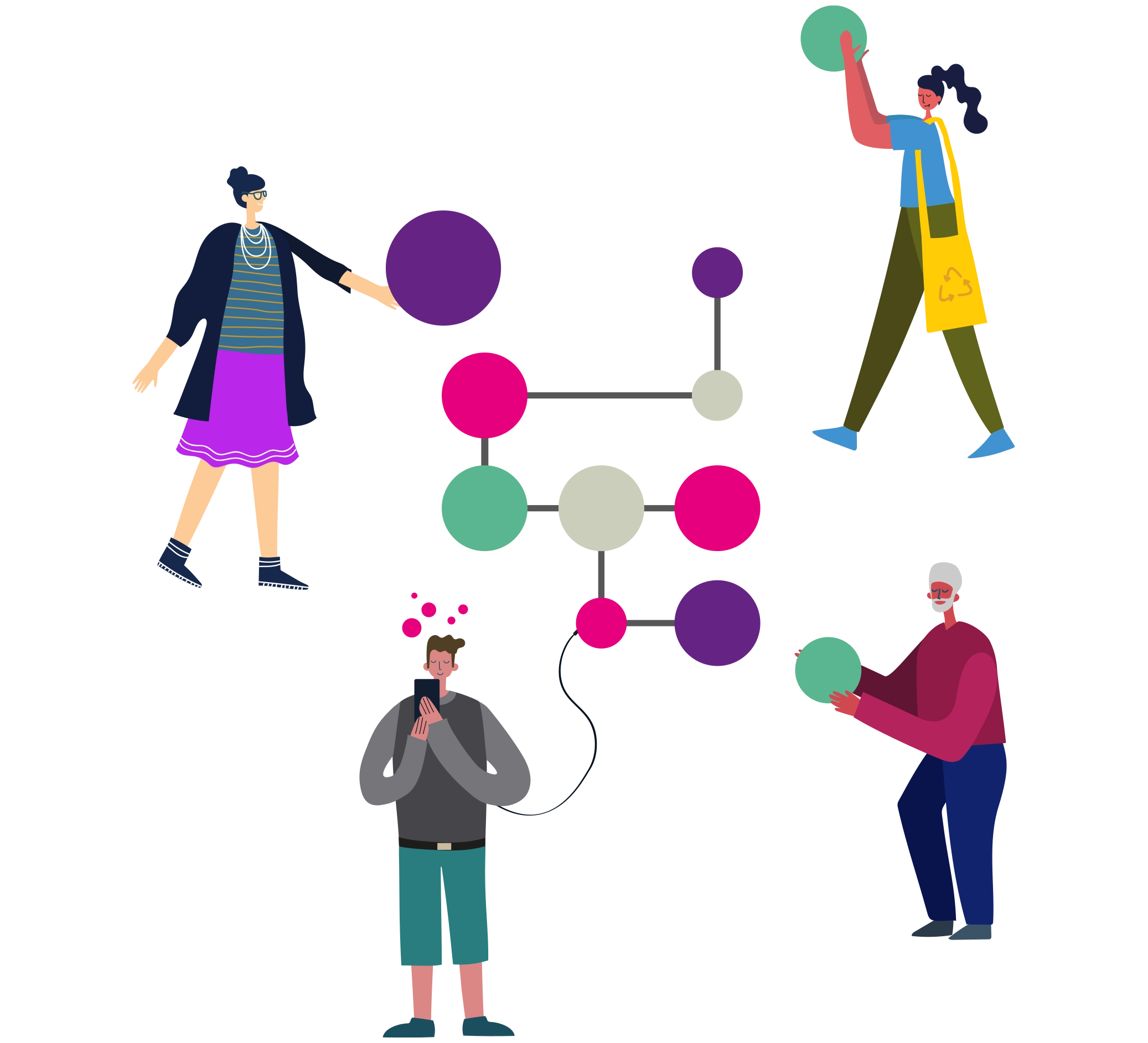
Interested in exploring further? Browse the questions below for brief descriptions of our shared understanding of the core concepts that guide our research.

Our Einstein Research Unit “Coping with Affective Polarization – How Civil Society Fosters Social Cohesion” is funded by the Einstein Foundation Berlin, a foundation that aims to promote cutting-edge scientific research and establish inter- and transdisciplinary networks in strategically important research fields among members of the Berlin University Alliance. The research grant number is ERU-2023-78.
For more information please visit:
www.einsteinfoundation.de
